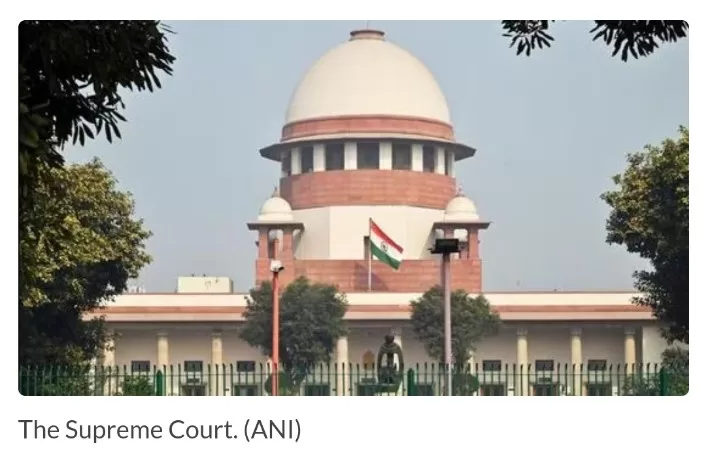New Delhi, In a significant development, a seven-judge Constitution bench overturned the Supreme Court’s April judgment, which deemed an arbitration clause void if the agreement was unstamped or insufficiently stamped. The majority verdict in April, with a 3:2 split, allowed courts to scrutinize stamping and other compliances before the arbitrator’s appointment, causing concerns over delays and contradicting India’s pro-arbitration stance.
Under the leadership of Chief Justice Dhananjaya Y Chandrachud, the larger bench declared that unstamped or insufficiently stamped agreements are not rendered void or unenforceable if a prima facie arbitration agreement exists between parties. While such agreements are inadmissible in evidence under the Stamp Act, the bench deemed it a curable defect, clarifying that non-stamping or improper stamping doesn’t invalidate the instrument.
The bench emphasized that objections related to stamping should be considered by the arbitral tribunal and not at the stage of court referral under sections 8 or 11 of the Arbitration Act. The ruling upholds the legislative intent of the Arbitration Act, supporting party autonomy, separability, and arbitrators’ authority to decide jurisdiction.
Legal experts welcomed the verdict, anticipating a positive impact on India’s arbitration ecosystem. The decision resolves the uncertainty introduced by the April judgment and reinforces India’s position as an international arbitration hub.
This judgment follows a curative petition against the April ruling and was delivered by a bench comprising Chief Justice Dhananjaya Y Chandrachud, Justices Sanjay Kishan Kaul, Sanjiv Khanna, Bhushan R Gavai, Surya Kant, JB Pardiwala, and Manoj Misra. The issue was referred to the larger bench in September, citing the “limitless uncertainty” created by the previous ruling.
The April judgment, part of a series of divergent views on the enforceability of arbitration clauses in unstamped or insufficiently stamped agreements, triggered concerns about procedural complexity and delays. The curative bench’s unanimous ruling clarifies that the Arbitration Act aims to minimize the courts’ supervisory role, focusing on a prima facie examination of arbitration agreement existence.
Stay tuned for more updates on legal developments and arbitration in India.







